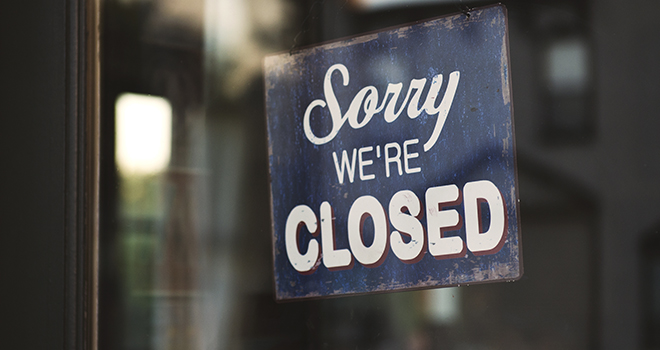The global pandemic has caused disruptions to economies around the world. While the most devastating effects of the disease have been the number of infections and deaths, its economic consequences cannot be understated.
The pandemic is by far one of the largest economic loss events in history for companies and insurers alike. However, it’s not only the magnitude of the impact which is unprecedented; claims trends and risk exposures are likely to evolve in both the mid- and long-term as a result of the pandemic.
“The coronavirus outbreak has reduced risk in some areas while, at the same time, changing and heightening it in others,” according to a report according to a report titled Covid-19 – Changing Claims Patterns from Allianz Global Corporate & Specialty (AGCS). “The growing reliance on technology, shift to remote working, reduction in air travel, expansion of green energy and infrastructure and a rethinking of global supply chains will all shape future loss trends for companies and their insurers,” AGCS Chief Claims Officer Thomas Sepp comments.
The AGCS report identified the impact of the pandemic on claims trends in different lines of insurance and how they might evolve in future. Below is an extract of sectors and trends that will also be impacted in South Africa, some that have already been trending in the media.
Entertainment
The entertainment and events industry are one of the hardest hit by the pandemic, with lockdowns and subsequent measures to curb the spread of Covid-19 causing the cancellation of live events and sporting fixtures, as well as the closure of theatres, cinemas and theme parks. Insurers and policyholders have also faced difficult decisions about whether to wait, cancel or postpone events, given the uncertainties around the duration of the pandemic and social distancing rules. Organizers will want to do everything to keep the show on the road but delaying the decision to cancel can drive up costs. The ongoing threat of further outbreaks and social distancing rules also makes decisions around postponement challenging.
Property
Property damage claims were largely unaffected by Covid-19, as many key loss drivers – namely weather and fire – are not directly correlated with the pandemic. However, Covid-19 could affect property claims trends going forward, as businesses restart and ramp up production, or where lockdowns affect emergency response and loss mitigation following a large or catastrophic event. Factories in hibernation will not produce large business interruption claims but they do present a different risk profile. With fewer people on site, inspections and maintenance might be delayed, while traditional loss incidents – such as a fire or escape of water –might go unnoticed at the beginning, increasing the severity of damage.
Liability
With reduced economic activity during the pandemic, liability claims have experienced a number of positive trends. However, given the lag in reporting and uncertainty surrounding Covid-19, future claims cannot be ruled out. According to the report, the experience of past infectious disease outbreaks suggest insurers will see few successful claims under general liability policies due to exclusions and the fact that causation is hard to prove.
Business Interruption
Covid-19 has caused business closures and disruptions globally – which often may not be covered in the absence of physical damage as trigger of coverage. However, the pandemic has impacted the settlement of standard business interruption (BI) claims in different ways. Insurers were also quick to exclude specific kinds of BI cover in future such as those resulting from a contagious disease.
Long-term claims trends
Covid-19 is accelerating many trends such as a growing reliance on technology and rising awareness of the vulnerabilities of complex global supply chains. Going forward, many businesses are expected to review and de-risk their supply chains and build in more resilience. This could involve some reshoring of critical production areas because of disruption caused by the pandemic. Such a move would likely impact frequency of claims and the costs of any future business interruptions.
Meanwhile, the growth of working from home means that companies may have lower property assets and fewer employees on site in future, but there would be corresponding changes in workers` compensation and cyber risks. During the pandemic cyber risk exposures have heightened, with reports of the number of ransomware and business email compromise attacks increasing.
Digital claims handling
Covid-19 has also reinforced the need for digitalisation of claims handling. Remote claims inspections and assessments for tornados, floods or major industry accidents are now possible through satellite, drone or image capture technology and tools. Unfortunately, this may also lead to an increase in fraudulent claims, which will call for inventive measures to detect.
One of the key factors that the report highlights is that communication is critical to avoid disputes.” “As is the case with all claims, insurers have to think carefully how they respond and explain to customers how the policy works and what it is intended to cover. This is a reputational, as well as legal and regulatory issue, for insurers,” according to the report.
Which is of course where the professional adviser plays an enormously important role.
Click here to download the AGCS report.




